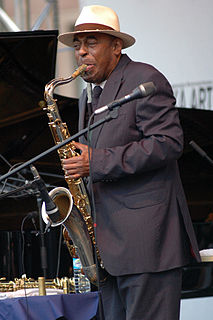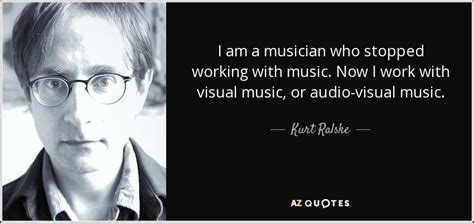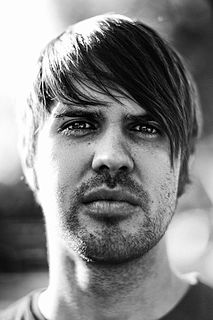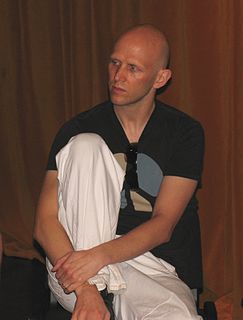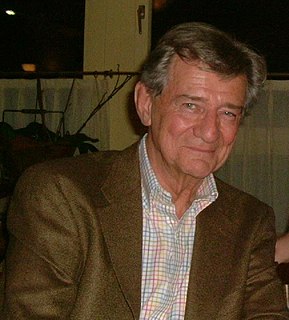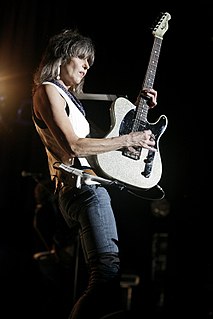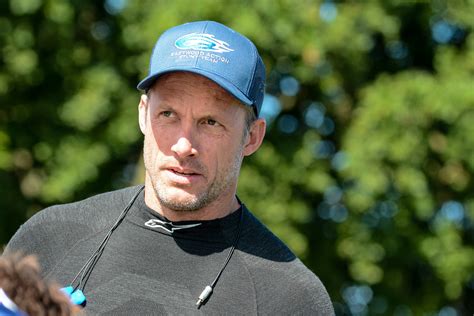A Quote by Archie Shepp
Related Quotes
As far as stimulus from the visual arts specifically, there is today in most of us a visual appetite that is hungry, that is acutely undernourished. One might go so far as to say that Protestants in particular suffer from a form of visual anorexia. It is not that there is a lack of visual stimuli, but rather a lack of wholesomeness of form and content amidst the all-pervasive sensory overload.
Usually in theater, the visual repeats the verbal. The visual dwindles into decoration. But I think with my eyes. For me, the visual is not an afterthought, not an illustration of the text. If it says the same thing as the words, why look? The visual must be so compelling that a deaf man would sit though the performance fascinated.
I'd been making music that was intended to be like painting, in the sense that it's environmental, without the customary narrative and episodic quality that music normally has. I called this 'ambient music.' But at the same time I was trying to make visual art become more like music, in that it changed the way that music changes.
